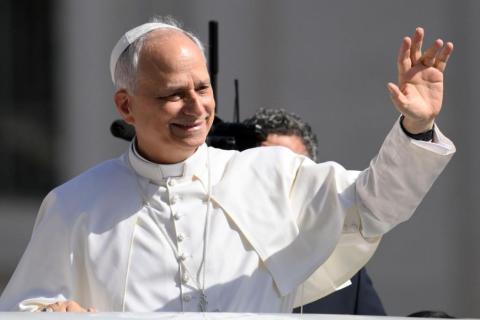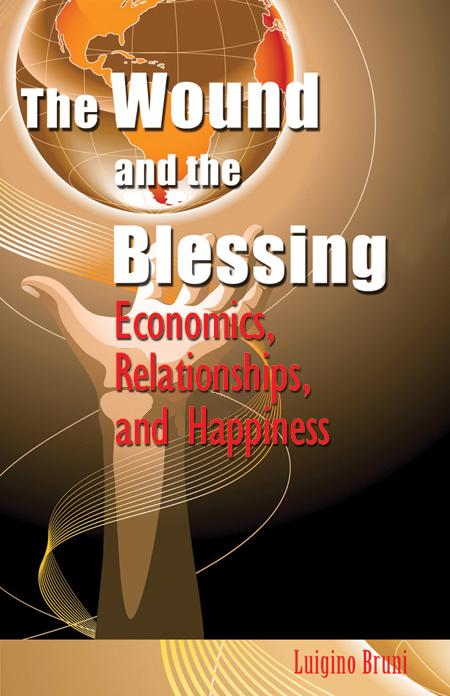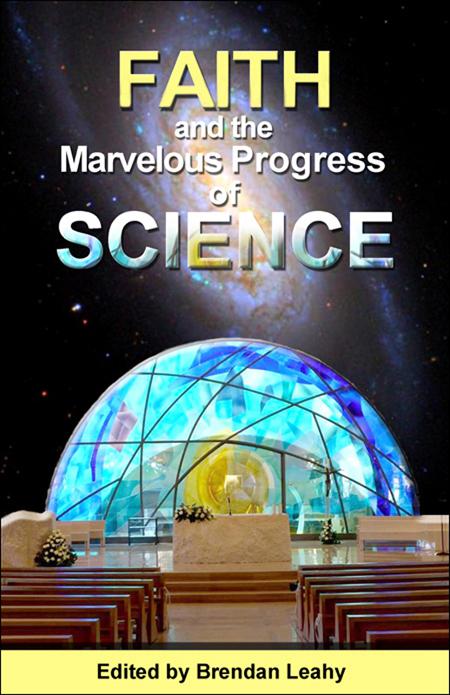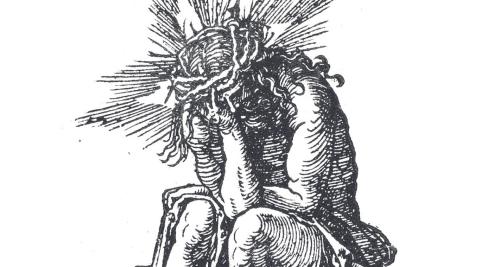
Photo by Nathanphoto | Dreamstime.com
Jacques Derrida (1930–2004) was born in Algeria (formerly a French colony) into a Jewish family. After World War II he moved to Paris as a 19 year old.
He chanced on hearing a broadcast about Albert Camus (the Nobel Prize winner, philosopher and author of The Stranger), which led to his enrolling for philosophy classes at the École Normale. After his studies, he divided his time between teaching in Paris and the U.S. and collaborating with American translators on various texts.
Derrida’s fame almost reached the status of a media celebrity, with many books and television programs about him.
There were also controversies like the Cambridge honorary degree affair, in which he was initially denied the nomination by hostile academics. A letter was even sent to The Times signed by 19 analytic philosophers, including the American W. V. Q. Quine. Some claimed that he was insufficiently philosophical, but he was awarded the honor in 1992.
In the beginning was the mark
Derridean texts are notoriously difficult to read. The term “deconstruction” is probably one of his most famous and controversial terms. Indeed, he said that it was a word “whose fortunes have disagreeably surprised me.”
Many took it to signify the destruction of all meaning, especially when applied to literature. English departments in universities and schools, especially in the U.S., championed it as the new and only way to do literary criticism.
For Derrida, our Western world is characterized by what he calls a “logocentrism of the Greco-Christian epoch.” This approach means that, as rational human beings, logos or meaning is discoverable as a definite presence in a text. We simply need to intuit or have this truth revealed to us in our reading.
But here Derrida challenges us to think outside the box, that is, to peel back the hardboiled shell of our preconceptions. He contends that the greatest signification is not actually found in the spoken word or in some kind of discoverable metaphysical presence of meaning.
Rather, as human beings, we leave and make traces of who we are in this world. When it comes to understanding and discovering meaning in a text of whatever form, it is not about some logical and ethereal abstraction and deduction.
Indeed, here we might recall how St. Bonaventure spoke of how there are traces of the divine discoverable in creation. Similarly, as human beings, we leave our own distinguishable marks that tell their own story about who we are.
Meaning is not, therefore, an abstract fact but actually “dwells among us.” So, the challenge is to read the text adequately.
For instance, Derrida explained in Margins on Philosophy how in the act of writing we “produce a mark.” Here he has in mind not just actual physical writing, as in a text, but pictorial, musical and sculptural forms are also included.
Cave art comes to my mind, as in the famous images painted in the Lascaux caves 17,000 years ago by our ancestors, which are expressive of us as not just homo faber (humans as makers) but even more of our identity as beings who are homo spiritualis (spiritual beings).
Meaning is present in absence
In my view, emergent here is a very keen insight into the incredible reality of our identity as human persons. In Derrida’s opinion, humans cannot be understood in a one-dimensional way. We are far more complex, and the “meaning” of our “meaning” is equally multifaceted.
We must not be, for example, reduced to the “rags and bones” of mere sound-bites of human language as encapsulating what it means to be who we are.
Paradoxically, we discover in Derrida’s thought-provoking reflections how meaning is found in “absence” and not in “presence.” He explains that in order “for writing to be writing, it must continue to ‘act’ and to be readable even when what is called the author of the writing no longer answers for what he has written [that is, he or she is dead]” (Limited Inc.).
Derrida has in mind the reality of how in the event of writing, human beings have the capability of communicating significance beyond the living present. In the act of writing, meaning breaks free from a particular author or creator. Otherwise, it remains, as we might say, a mere dead letter.
An existential and historical example of the meaning of “absence” comes to my mind from Abraham Lincoln’s Gettysburg Address. Lincoln speaks of how the land they have come to dedicate is hallowed not by those present but by the persons who are absent.
He says, “We [the living] cannot consecrate—we cannot hallow—this ground.” So, it is the sacrifice of the ones not present that brings meaning to what they do at Gettysburg.
The vast horizons of political friendship
In his later writings, Derrida turned his attention to different themes, as in the Politics of Friendship. These might seem opposites, but they are not.
When mentioning the political, usually concepts like the role of government, sovereignty, citizenship, power and representation come to our minds. The idea of friendship rarely surfaces when we think of the world of politics. Indeed, the last few years in most countries are testimony to this heartrending reality.
So, we may well ask, what has politics got to do with friendship?
Of course, Derrida is not the first philosopher to reflect on this subject. Actually, Aristotle looked on friendship as the highest form of political life. Derrida quotes many texts from Plato and Aristotle in which friendship is defined as the “essential virtue.”
In Aristotle’s Nicomachean Ethics, three types of friendship are outlined: those based on utility and usefulness, on pleasure, and finally, friendships among people “who are good and alike in virtue” where “each alike wishes well to each other.”
Derrida mentions how the Greek, Roman, Jewish, Christian and Islamic cultures make hugely significant contributions to the theme. But he wants us to rethink the whole question and go beyond any presupposed understandings that we might have.
Derrida critically asks, “What would then be the politics” that goes outside the closed boundaries of purely “familial” and “fraternalist” notions we might have? What would such a new politics look like?
The essence of friendship
Democracy, Derrida says, certainly represents itself as facilitating “the possibility of fraternization.” But what does this really mean?
He explains how friendship is “an act before being a situation; rather, the act of loving before being the state of being loved.”
Friendship, in itself, is essentially “the act and activity” of being a friend to someone else. He argues that “someone must love in order to know what loving means.” It is only in this way that “one can know what being loved means.”
Derrida challenges, asking: “Friendship, the being-friend—what is that anyway? Well, it is to love before being loved. Before even thinking about what loving, love… means, one must know that the only way to find out is by questioning first of all the act and the experience of loving rather than the state or situation of being loved.”
So, Derrida observes how “Aristotle therefore declares: as for friendship, it is advisable to love rather than to be loved.” The priority here is not on the theoretical, but in the practical living out of the reality.
In light of current events, it might seem that Derrida’s thoughts are utopic, and that the only possible political community is the impossible community. Derrida says that if we leave it to brute facts, maybe it is all a dream.
But “perhaps the impossible is the only possible chance of something new.”













